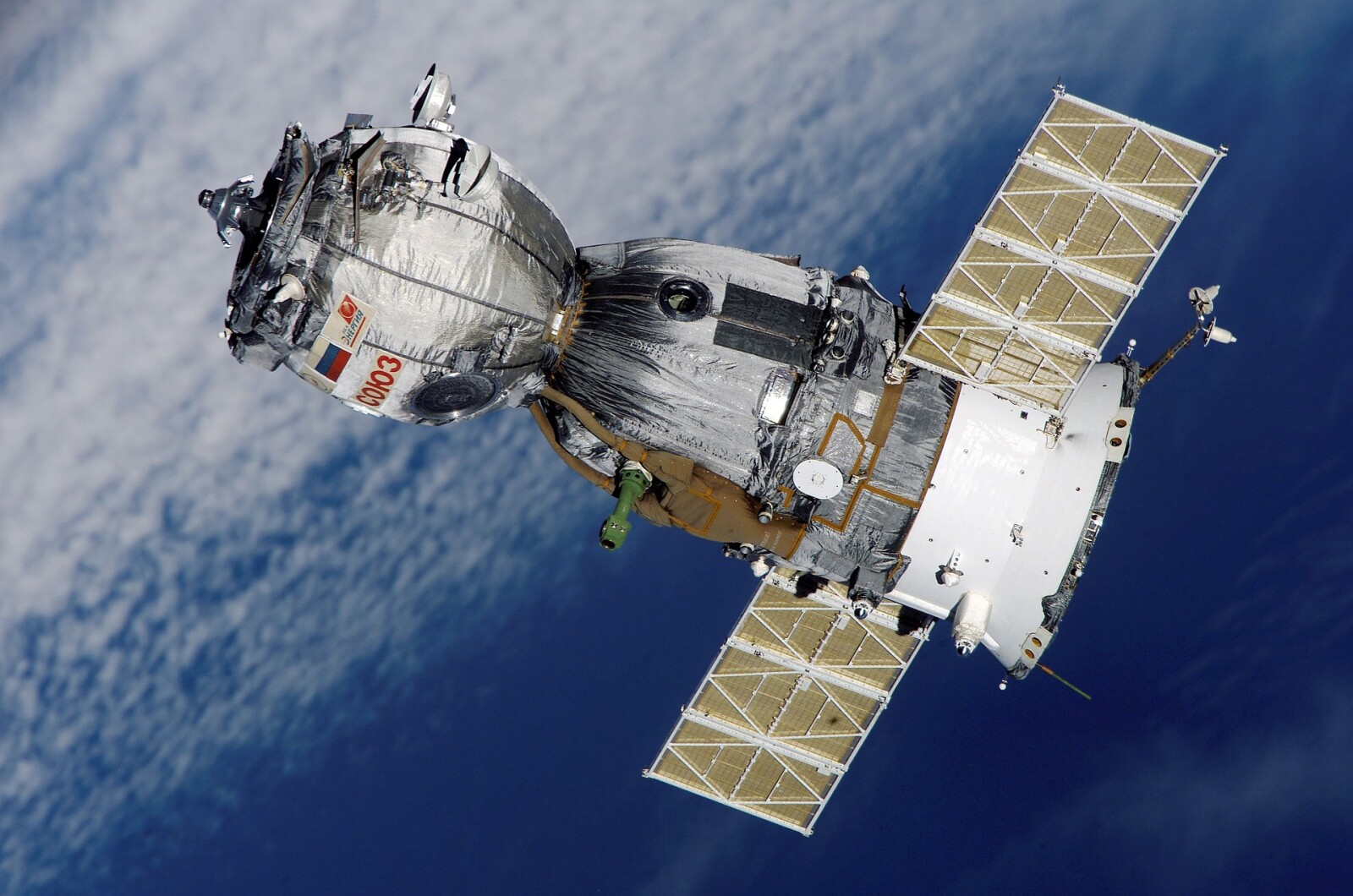5 Other Global Catastrophes to Worry About If We Fix Climate Change

I’m sure, at some point, way back when human hobbies topped out on hitting rocks together, the planet was happy to have us around. Nowadays, that’s a little bit of a tougher argument. It seems like the longer we’re here, the more signals we get that we’re getting by far closer to the skin of our teeth than we’d like to admit. Especially with the rising consequences of global warming and the whole pandemic business over the past couple of years, infinite survival is suddenly a little cloudier than we thought. These events seem to have affected us like a car crash close-call affects a drag-racing teenager, with their sense of invincibility the main casualty.
Of course, the rubber band isn’t necessarily going to snap back at us. It might be our great-grandchildren who are riding steampunk dirt bikes through the desert in search of potable water sources. But for those of us who would feel bad about handing over a serious fixer-upper to the generations to come, we’re going to need more than spit and a hammer.
Don't Miss
Here are five things that could be the end of the earth as we know it — that AREN’T global warming…
Space Junk Crashing Back Down

Seeing as the human race now has access to space, especially the closest portions of it to our own planet, it should surprise absolutely no one that it’s now dotted with space litter. All sorts of debris, from broken bits of post-mission spacecraft, to waste, to busted satellites, is all floating in Earth’s orbit like fry boxes in the backseat of your friend’s Honda. Even though all this isn’t gonna rocket (pun unavoidable) back to earth the way a crashing plane or hailstone would, make no mistake — much of it WILL be coming back. And fast.
Ars Technica did a fascinating interview with astrodynamicist Moriba Jah to get a deep understanding of exactly when and how we might be getting brained with shuttle pieces, and it’s not going to make you feel any better about things. He compares it to the early days of air and maritime travel, before there were so many boats and planes that we figured out we needed to keep an eye on exactly where everything was going, and flatly says that it’s not sustainable. And in case you think this is all far-future hypothetical thought, he predicts a loss of human life from a large piece of this space debris impacting the earth within the current decade. The article also mentions that a softball-sized piece of the junk in question has the kinetic energy of a small bomb. So invest in helmets, I guess.
All of Our Antibiotics Stop Working

We love to toot the horn of how far modern medicine has come, and it’s worth tooting. Nobody wants to go back to the days where amputation was usually no lower than Plan C. Our overconfidence in our medical advancements, however, might also be quietly breeding their own problems. One that’s gotten enough academic attention to prompt a U.N. report, as covered by Vox, is the proliferation of “superbugs,” or variants of common sicknesses that have evolved to be able to tolerate common antibiotics.
Bacteria, like any living creature, have the primary purpose of propagation. In order to survive, they evolve just like anything else. So it makes sense that as we close in on a century of penicillin usage, a couple bacteria have figured it out. Penicillin works well as a reference here too, because what’s making the problem worse is the comparatively sluggish advancement of new types of antibiotics compared to other fields of medicine. Chiefly because, as the pessimist in your head might be guessing, they don’t make a whole lot of money. It turns out that the already deeply icky, shareholder-friendly strategy of treat, not cure might have some long-term downside!
Getting Pulped by An Asteroid

When it comes to doomsday worries, there’s no beating the Old Faithful of apocalyptic scenarios: the asteroid collision. Since people realized there were rocks up there, they’ve been dreading the day when we all get on the same cruiseliner the dinosaurs rode en masse into the afterlife. It’s not surprising it’s such a persistent fear, as it requires only the foggiest knowledge of practical physics to imagine, and scientists can never honestly give any answer other than “probably not soon?”
Of course, that level of assurance is simply not enough for such smart bald monkeys as ourselves, so there are programs in the works in case we’re ever on our way to becoming cosmic roadkill. Just two months ago, in October, humans successfully altered the orbit of another celestial body for the first time. Sure, it’s not the most sci-fi of solutions, being that it was just smashing a spacecraft into one hard enough to nudge it, but that might come to be an important nudge someday.
The Yellowstone Supervolcano Erupting

Ah, Yellowstone. A natural testament to the earth’s wonder containing geologic beauts like the Old Faithful geyser that’s become so iconic it was used as a metaphor only paragraphs ago in this very article. An expanse of wild and wood, one that calms the human soul just enough on a short vacation to get them through another 11 months of data entry without throwing themselves in front of a city bus.
Beneath the postcards, however, lies a volcano. Not just a volcano, either, but a supervolcano, one that HAS erupted before, though to the tune of a half-million years ago. Which leaves us, again, to incessantly pester the scientists who are supposed to know if it looks like it’s going to go boom again. To which they, unfortunately, are stuck basically saying, “I’m like 99.9 percent sure it’s not.” Unfortunately, as long as that 0.1 percent involves covering the entire continent in ash and fucking up the global climate (even more), we’re going to have to stay a little worried about it.
Maybe God Will Be Real and Kill Us

Hey, we can’t rule it out, right? For all we know, right after we deflect an asteroid, the last thing we’ll hear is a deep, booming, “God damnit, I missed,” and then poof. If we have to get hit with an apocalypse of legend, hopefully we at least get Ragnarok. That one seems cool.